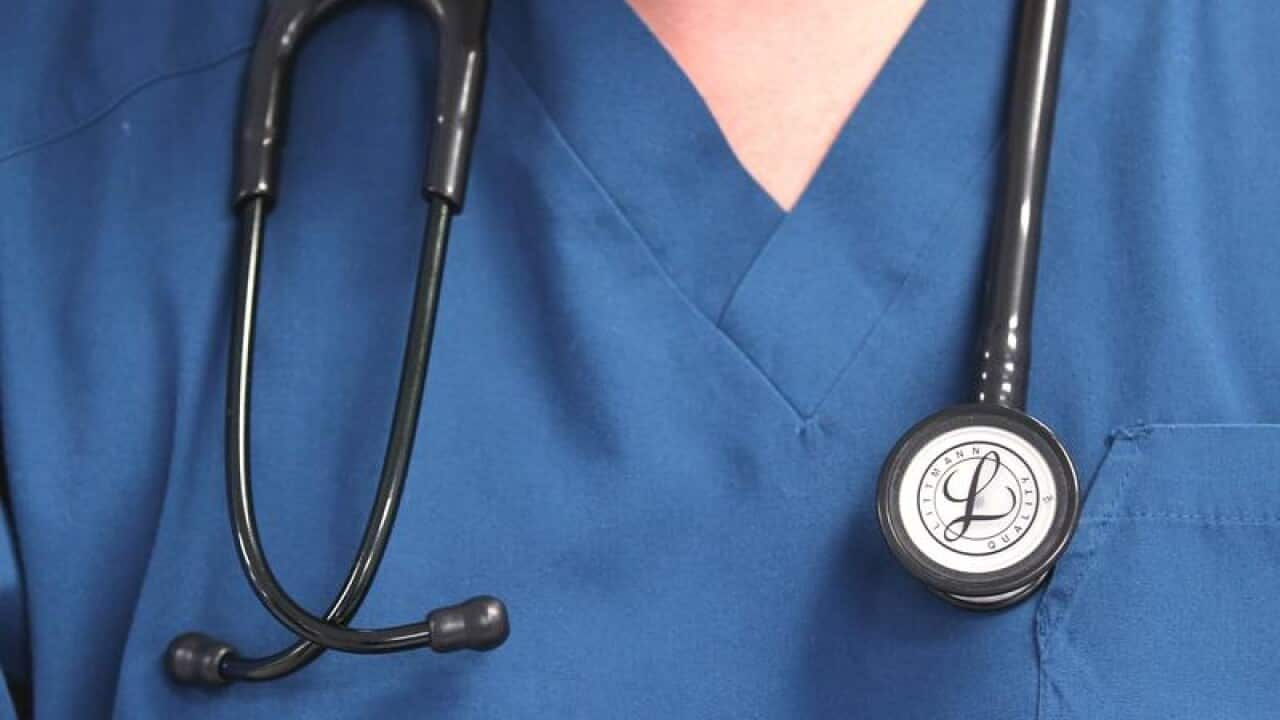The Turnbull government faces pressure to take action on out-of-pocket medical expenses, after a report showed Australians are being ripped off to the tune of thousands of dollars.
The ABC's Four Corners team analysed the medical bills of more than 700 patients who responded to a survey on out-of-pocket costs.
In a program which aired on Monday night, the investigation found a number of the bills included booking or administration fees, one of which topped $6000.
Booking fees are illegal and in breach of the Royal Australasian College of Surgeons' code of conduct.
The program also found some surgery can result in bills in the tens of thousands of dollars, which many patients mistakenly believe was to be covered by Medicare and private health insurance.
In one case, a Canberra cancer patient was left $18,000 out of pocket, after Medicare and private health rebates, for robotic surgery to remove his prostate gland.
He was initially told the surgery would cost $16,000 which would then be reduced through public and private rebates, but the total bill before rebates came to $22,000.
In another case, a Sydney man was left $11,000 out of pocket for a hip replacement, but thought he would only be up for about $3000 once public and private rebates were taken into account.
Royal Australasian College of Surgeons president John Batten said the college received very few complaints because patients tended to blame problems on on private health insurers.
However, cases of "exploitative fees" by surgeons should be examined.
"We have a few surgeons we feel are extorting the public by raising fees and having booking charges which are illegal," he said.
The problem with illegal fees was most prominent in metropolitan NSW and in the specialist areas of plastic surgery, orthopedics and neurosurgery.
Private Healthcare Australia chief executive officer Rachel David said patients who are not satisfied with their doctor's explanation for a fee should decline to pay it and then discuss it with their health fund.
Greens leader Richard Di Natale said the fees of individual medical practitioners should be published in a searchable database.
"Patients should know how much they are expected to pay ahead of time, allowing them to 'shop' around for treatment," Dr Di Natale said.









